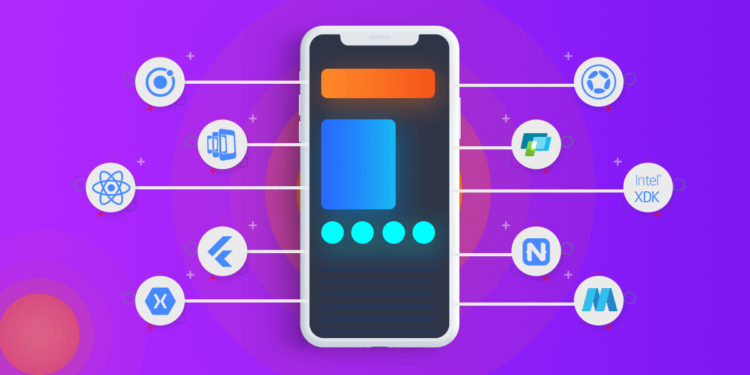The importance of digitalizing your business to stay relevant in modern industries cannot be emphasized enough. The drastic increase in accessibility and use of gadgets and technologies, has made it essential for new businesses to tap into the digital market and develop engaging mobile apps that never fail to deliver.
While most young entrepreneurs today are willing to embrace the shift towards digitalized markets, learning and researching about new technologies isn’t exactly everybody’s cup of tea. From deciding the right app features and functions, to selecting designs that guarantee high levels of user engagement, entrepreneurs looking to develop mobile apps need to stay tech-savvy and proactive, in order to succeed. To make things easier, we’ve compiled a list of the most popular mobile app frameworks that new businesses and young enterprises should consider using this year.
Let’s begin!
Flutter
Google launched its app development framework, Flutter, to facilitate the creation of Google Fuchsia applications, two years ago. Despite being one of the youngest app development frameworks, it has gained quite a name for building hybrid apps that work on any device. Flutter makes use of Dart language and is best-known for the ease it provides in testing out development projects with its ‘hot reload’ feature.
Common apps that use Flutter include Google Ads, Alibaba and AsiaTimes.
React Native
Developed by Facebook, React Native is one of the most commonly used JavaScript or TypeScript frameworks for hybrid app development. React Native apps are considered easy to work with, understand and use in the mobile development world. It is recognized for being nifty, and convenient in saving time and money in the development process.
Renowned apps that use this platform include Walmart, Wix and Instagram.
Xamarin
Another popular framework for native and hybrid app development, is Microsoft’s Xamarin. This framework makes use of C# along with .NET libraries, to create quality mobile apps that deliver seamlessly across all platforms. Highlights of using this framework include code-sharing, which allows developers to share and reuse preexisting codes, and delivery of native-like visuals and features that account for overall improved user experience.
Companies like Trello, Pinterest and Siemens have used Xamarin to build their apps.
Ionic
Accessible, Free and Cross-Platform Functionality – three things that all developers desire in a mobile app development framework, which is successfully embodied by Ionic. Based on HTML5, JavaScript and CSS, this framework has been appreciated for its comprehensive plugins and components that enable the creation of apps with advanced features and performance.
Popular apps built on this framework include JustWatch, Diesel and Untappd.
Apache Cordova
Initially developed by Nitobi, and then built upon and rebranded by Adobe as Cordova, this app development framework is popular for enabling developers to use CSS3, HTML and JavaScript in coding cross-platform mobile apps. This versatility appeals to most businesses, due to decreased investments in platform-specific development.
Examples of companies that use this include IBM, Zinga and Wikipedia.
Corona SDK
Another cross-platform app development framework is Corona, which is affordable, easy to use and happens to be notorious for its fast FPS. The framework runs on Lua, and has been commonly used in the gaming domain for the development of lag-free apps and their readily integration with app monetization features.
Popular games developed through this framework include The Lost City, Egz, and Pktball.
JQuery Mobile
JQuery supports the development of both native and hybrid apps, and is based on CSS3, HTML5, JavaScript and AJAX. Through this platform, it is possible to create customized templates for web and mobile applications that can be reused later on.
Onsen UI
Onsen UI provides developers with a great variety of ready-to-use tools, for the development of cross-platform apps. This framework is most highlighted by developer for being user-friendly, free and accessible, and being UI-centric.
Intel XDK
Intel XDK has gained its popularity for enabling users to preview their work live, at any time in their app creation journey. This agile setup, coupled with useful plugins, options and advanced features, makes it a reliable cross-platform app development framework.
Mobile Angular UI
This framework relies on Bootstrap and Angular JS, and is most widely used in the creation of hybrid apps. One of the framework’s highlights is the ease with which web apps can be converted to mobile apps, through its featured set of mobile UI components.


